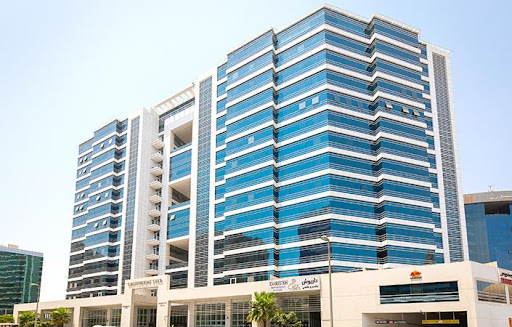The transportation of dangerous goods is a complicated and highly regulated field. Any irregularities with the regulations can result in safety risks, legal issues and logistical problems. In locations like Dubai, where international trade flourishes, adhering to strict dangerous goods regulations in Dubai is essential.
“If It’s Packaged Well, It’s Safe to Ship”: The Illusion of Secure Packaging
A major misconception is that the strong packaging alone ensures safe transit. Efficient packaging is important, the dangerous goods regulations usually specify the packaging requirements on the basis of the substance’s properties including its reactivity, flammability and toxicity. This is why dangerous goods training is important as just wrapping a chemical in strong material doesn’t rely on its hazards.
Misunderstanding
Strong boxes or containers are important for any substance.
Reality
Regulations specifying UN-certified packaging goes through strict testing. The certifications make sure the packaging can withstand the stresses of transport, stacking, drops and pressure variations. Goods are often exposed to extreme temperatures and this is essentially important.
Dubai Specifics
The Dubai Civil Aviation Authority and other local authorities often put strict rules to international standards like IATA Dangerous Goods Regulations with added local requirements.
“Small Quantities Are Exempt”: The Danger of Underestimation
A lot of people believe that small quantities of dangerous goods can be exempted from most regulations. Limited quantities have less requirements but they are not entirely exempted.
Misunderstanding
Few litres or kilograms of hazardous substances can be shipped without any special precautions.
Reality
Small quantities can have a lot of risks if they are mishandled. Regulations defining “limited quantities” and “excepted quantities” have certain labeling, packaging and documentation requirements. Ignoring them can result in accidents and fines.
Dubai Specifics
The port of Jebel Ali and Dubai International Airport handles a lot of cargo, and small shipments are also subjected to scrutiny.
“My Shipping Company Handles Everything”: The Myth of Delegated Responsibility
Shippers understand that the logistics provider often will take care of all regulatory compliance. Reputable carriers are knowledgeable and the responsibility lies with the shipper.
Misunderstanding
The shipping company is majorly responsible for compliance.
Reality
The shipper is majorly responsible for classifying, packaging, labeling and documenting the dangerous goods. They should offer the carrier with all the right information to ensure safe transport.
Dubai Specifics
The DCAA and Dubai customs enforce strict accountability and not adhering to the same is not allowed.
“All Dangerous Goods Are Clearly Marked”: The Challenge of Hidden Hazards
All hazardous substances are not very easily identifiable, a lot of them are kept as ordinary goods or have ambiguous names. This correlates with the requirement to have in-depth knowledge and documentation.
Misunderstanding
If the substance isn’t labeled as dangerous, then it’s safe.
Reality
A lot of common items like batteries, aerosols and chemicals are often classified as dangerous goods. Efficient classification requires in-depth knowledge of the substance’s properties and application regulations.
Dubai Specifics
A lot of diverse goods pass through Dubai and customs officials are always on the lookout for undeclared hazardous materials.
Conclusion
Understanding the complexities of dangerous goods regulations need an in-depth study and commitment to safety. Misconceptions can have a lot of consequences ranging from financial penalties to accidents.
In an intense trading hub like Dubai, adhering to dangerous goods regulations in Dubai is not just a legal need but a moral imperative. Investing in a complete dangerous goods training and staying informed about regulatory updates are important steps to ensure the safe and compliant transport of hazardous materials.

